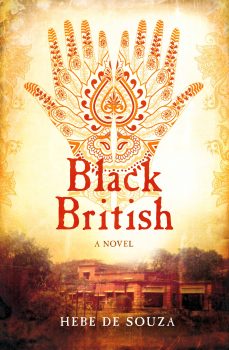by Marina Marangos
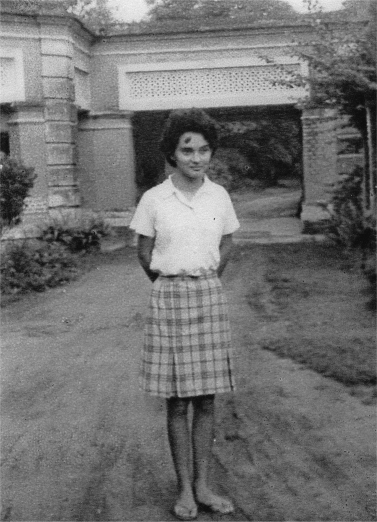
I am talking to Hebe de Souza, the author of Black British. I immediately identify her surname as Goan/Portuguese in origin and her first name as Greek. These parts, though easily identifiable, hide a whole different history.
Place us in the context and the history of your story.
Black British is very closely aligned to my life growing up in India in the 1960s when the country was emerging from the shadows of the British Empire. It is the story of a young Goan/Indian girl leading a very English lifestyle in a newly independent India. I wanted to show what happens when a great Empire collapses, how some people are left behind and become displaced. It is a story which has not been written before.
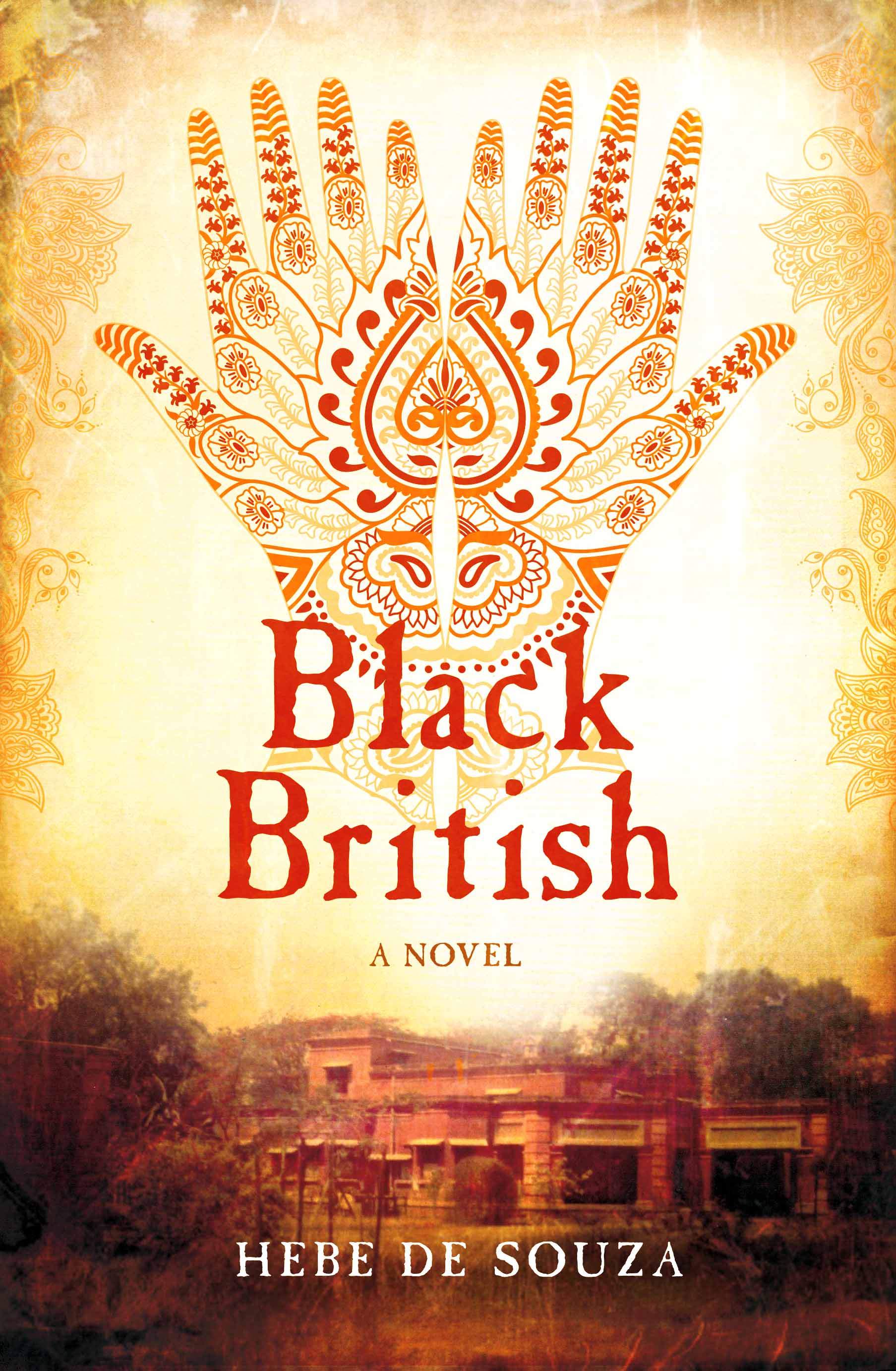
So this leads me into my next question, about the title of Black British. What made you choose this title – was there any controversy in this choice? Was it your first choice?
HdS: In India, my father and his family were definitely considered black British as they were so Anglicised. They only spoke English, read English authors, sang English songs. I was very conscious of having an English culture, particularly at school where I was so different from my classmates. In the book I wanted to show how my family was displaced by colonialism three times in four hundred years.
My family is originally from Goa, which was colonialised by Portugal in the 1500s. That’s when they lost their original name and original religion to take on a Portuguese name and convert to Catholicism. They then migrated to British India in the latter part of the 1800s. This time they kept their name and religion but lost their language and everything that made up their culture. And the reason for this loss was that moving from Portuguese Goa to British India was a migration from one country to another even though it is the same land mass. To be successful, migrants anywhere in the world have to adapt and become part of the new country. My family was no different. They wanted to be successful and to achieve success they had to adapt and forgo their language, customs, food and all the related items that make up a culture. They had to speak English, sing English songs, live in English houses and take on all aspects of a British-in-India life. In time they forgot their language, their music, their dances, everything. To all intents and purposes they became British. They had to. They had to become Black British!
The problem arose when India got her independence, the British went fleeing back to Britain and the family was stranded as strangers in their own land. That situation set the scene for a third displacement.
For a title I had thought of “Sins of the Raj” but in the publishing process the editor absolutely loved Black British, so that is how it came about.
The story of Black British is told by Lucy, the third daughter in the family, possibly modelled on you and there is undoubtedly a memoir in this writing. Can you tell us how you married up fact and fiction and why you wrote the book the way you did.
I was very conscious of privacy – being a unique situation that applied to family members scattered the world over, I was very aware of the impact it might make on many lives. So I changed the names of all family members with the exception of my wonderful Uncle Hugh.
The second consideration was that I wanted to describe a lifestyle, a Goan/Indian family leading a very English lifestyle, in an emerging India. The adaptation of the family to an English way of life came in the generations before Lucy’s life. In our generation we stood out like a sore thumb.
So you have explained how you came to write the story but is there also an aspect of your life in Australia that made you realise that you had to share this story with a wider audience?
I have been in Australia now for 43 years and have told lots of stories about my life in Kanpur. Friends constantly tell me how different my growing-up years were from theirs in Australia; in particular, Christmas celebrations. With us, Christmas was never a one-day affair. Instead, it was a month-long preparation of ordering the ingredients, then cleaning them and making the Christmas cake. It was also cleaning and decorating the house. In the book I devote a whole section to Christmas and make the point that though exhaustive cleaning was seen as a Christmas tradition, its roots lay in practical necessity and were unrelated to anyone’s religion. My Hindu friends cleaned their houses for Diwali. Other cultures ‘spring’ clean. There are very good reasons why these tenets evolve.
Now I get feedback from lots of people who tell me my story evoked their own memories of Christmas.
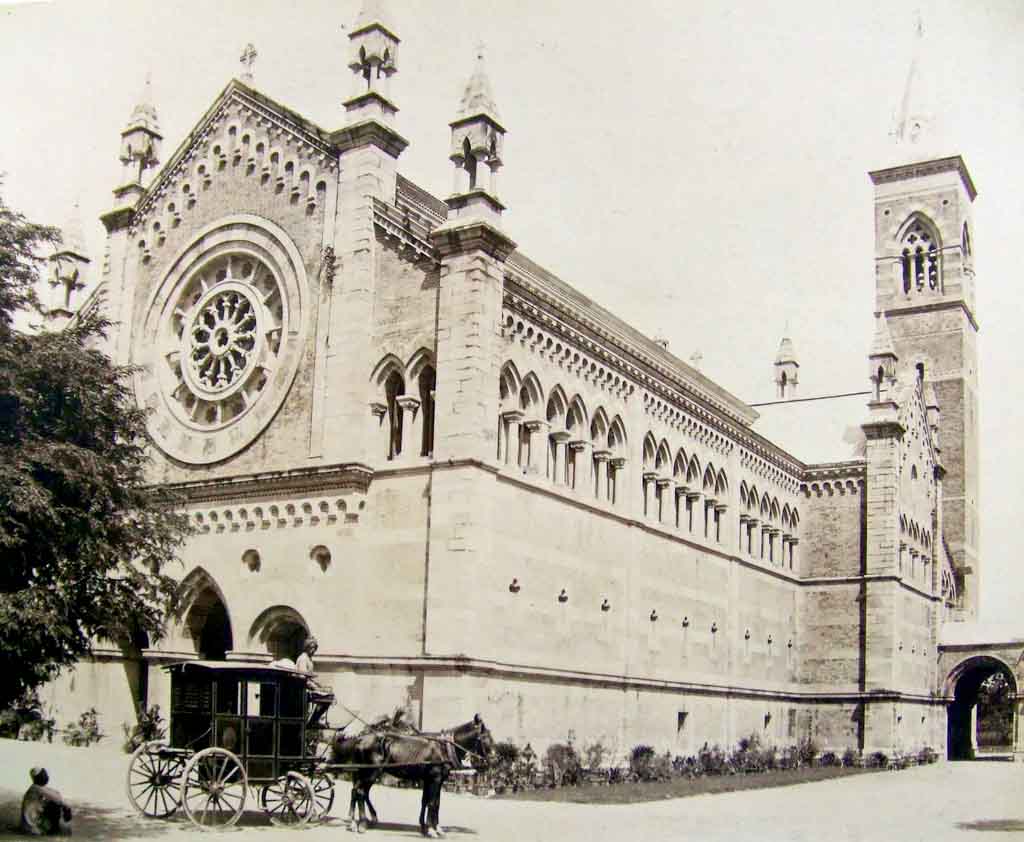
The book is full of these beautiful scenes where you are being teased or you are teasing your sisters, helping mummy or listening to her explanations about life and school. The Catholic nuns in particular feature strongly and had such a hold on your education. You talk about specific details – were there bits that you struggled to remember?
No it was all here in my head. People asked me if it was cathartic to write about this time and my answer is ‘no there was nothing to be cathartic about’. But it was sad because it reminded me, brought to the forefront of my mind, the loss of an idyllic childhood with family now scattered to the far corners of the world.
Your great grandfather was the one who picked up his bags and headed to Kanpur in search of a better life. He settled there and your father was born there and subsequently so were you. They became successful in their own right and you lived in this big sprawling house surrounded by a beautiful garden but there was also a sense of isolation and separation from the world.
The house is on the cover of the book; I particularly wanted this and the publisher agreed. I wanted to describe the house and I wanted to show its impermanence in our lives.
Over the years, successive generations of my family sought to compensate for the enduring inconsequence of their existence by leaving what they assumed was an indelible mark on history. They repeatedly modified the ancestral place so periodically parts of the verandah were imprisoned and a generation later, released.
So the house that Lucy grows up in is the house that Jack built. I thought no one is going to really understand growing up in this crazy place, so I decided to put it on the cover. The house has subsequently become a Saint Mother Teresa orphanage, which I am happy about. There weren’t many other people who lived like us, so yes, we were fairly isolated. We also spoke English, so if we walked out of the house into the town there were not many who understood us.
The houses in South Delhi are big and have high walls and I remember how isolating that felt when I lived there.
We didn’t have high walls because colonial regulations did not allow them, but we had hedges and, strangely enough, it is the same in Canberra in Australia and you see what the connecting thread is – of course, it is Britain.
In the book, sadness comes over Lucy as she turns to her father and says, “I don’t want to leave Kanpur”. What were your own thoughts at that time?
It was a double-edged sword. While we led an isolated existence, life was interesting and exciting because there was school, learning and books but once we had outgrown that stage, once all the books had been read, our lives were empty. In the book, Lucy watched her eldest sister go through that process so knows it is inevitable her time will come. And though the future beckons with twitching, bewitching fingers it is still a wrench to pull up your subterranean roots and leave your heritage behind.
The turning point for Lucy was undoubtedly Uncle Hugh’s death. He had narrowly escaped being killed in World War I and had a close relationship with the daughters of the family. He never lost an opportunity to hand out advice to the girls. “Be careful you are not left holding the ladder for someone else to climb.”
“You are intelligent girls, don’t waste your life.” Finally and perhaps my favourite is: “I wish I was in heaven sucking oranges.” His choice of fruit was never explained. He could come down to a child’s level and talk to Lucy in a way she could understand. When Lucy was six years old and her mother went on a pilgrimage to Europe, Lucy missed her dreadfully. Uncle Hugh helped her through this trauma in a constructive way.
It was after Uncle Hugh’s funeral that Lucy said to her father, “Daddy I don’t want to leave Kanpur” – he answered, “Neither do I” but then went on to explain very patiently to his youngest daughter why the time had come to leave.
“We are too different. Our culture is different, adopted from a far off island and left over from a bygone era. You cannot stay in Kanpur. If you do, you’ll be a living sacrifice to the glories of yesteryear.”
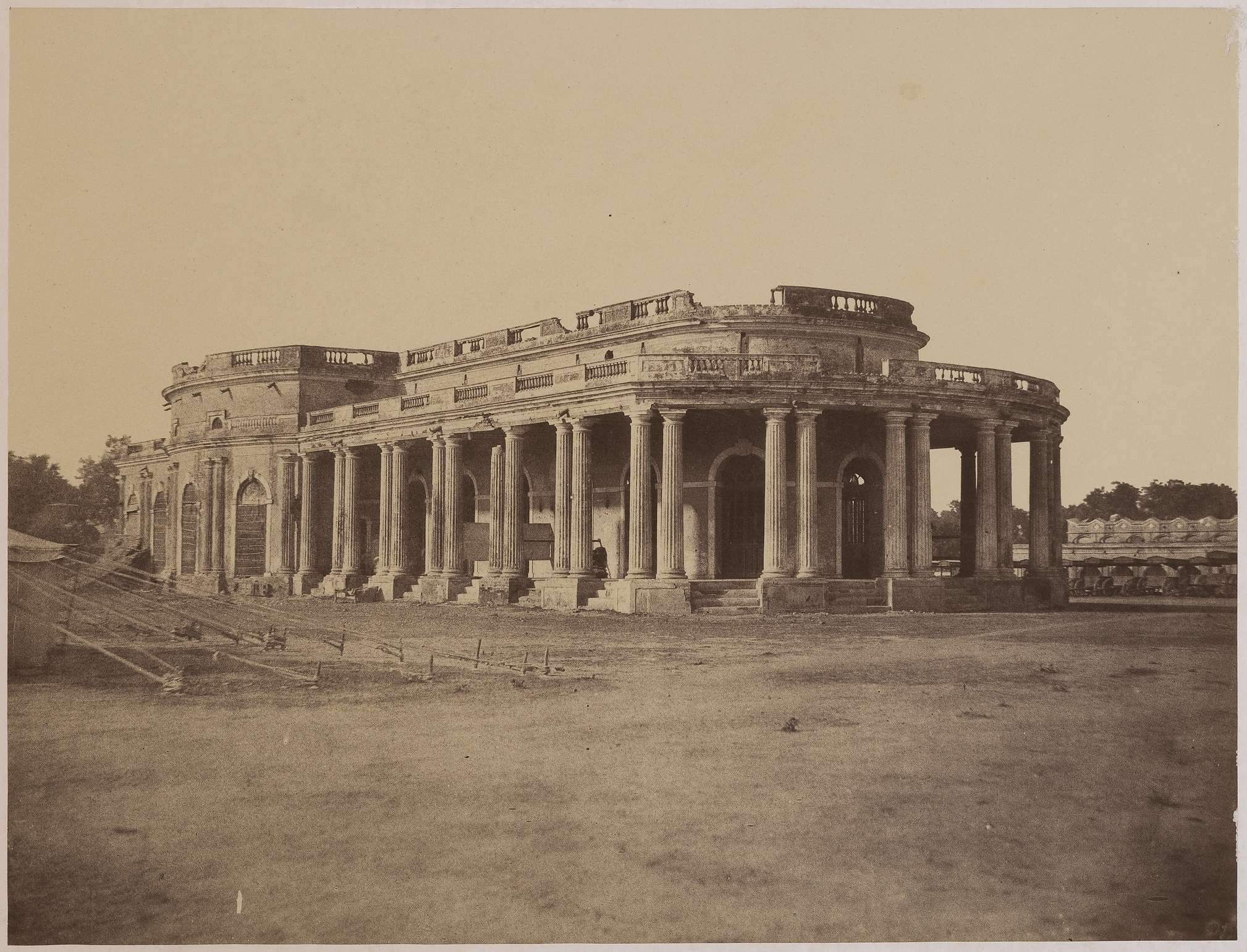
Did you have a target audience – who were you writing it for?
To start with, my feelings were so strong that I had a unique story to tell, that I just wanted people to read it.
I am still surprised at how different people raise different points that resonates with them. It has been rich in that sense. Some people picked up on Uncle Claude and his sexuality but also the suffering that it must have entailed. Others have remembered playing games on the carpet, having to go to confession and singing around the piano. Many readers love the character of the mother.
My mother was a very strong character, and had it not been for her perhaps we would not have been half the people we are today. However for the sake of balance and fairness to my parents I dedicated the book to my father. My father mercifully subscribed to non-violent behaviour so we were brought up with respect and learning. He was forward thinking and insisted on a good education for us and on our being whole individuals with a strong sense of entitlement.
Finally, what are you working on now?
My next project is to do with literary essays about non-violence, racism and gender issues. I believe that being brought up in that unique setting I have a different take on these subjects.
Another project involves a new book set in Australia with a heroine or lead character who is Anglo-Indian. The other side of the story will be the parental background and the difference it makes to children as they are growing up in a respectful setting. I write as I celebrate independent India turning 70 on the 15th of August this year.
Black British is published by Ventura Press June 2016 and is available at Booktopia, Amazon and www.hebedesouzaauthor.com. E-books are available for Kindle.
